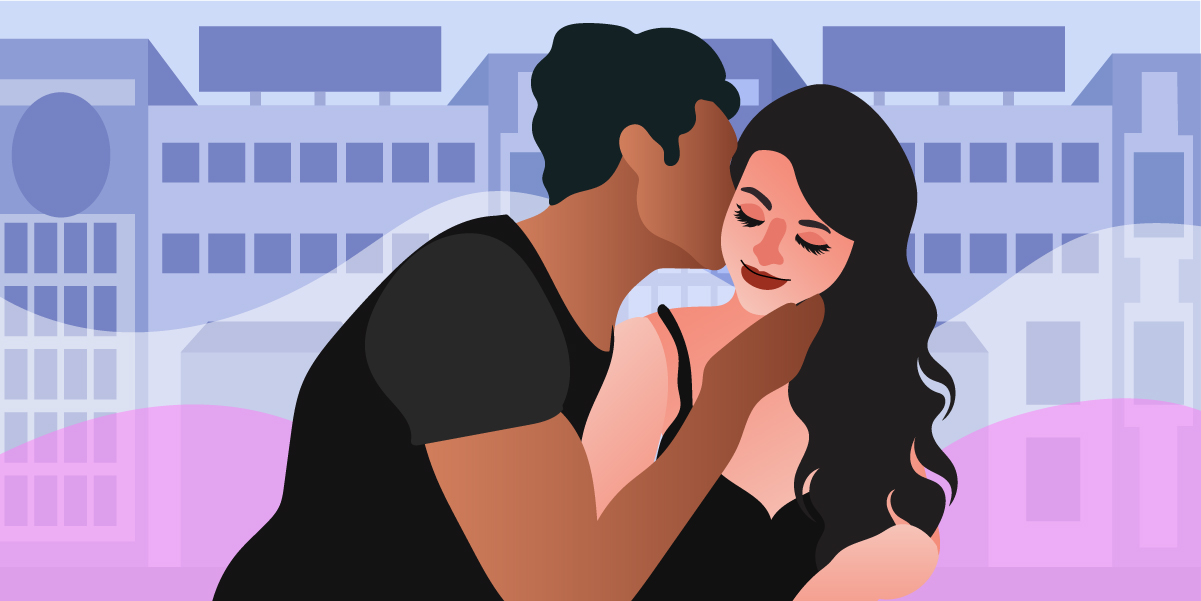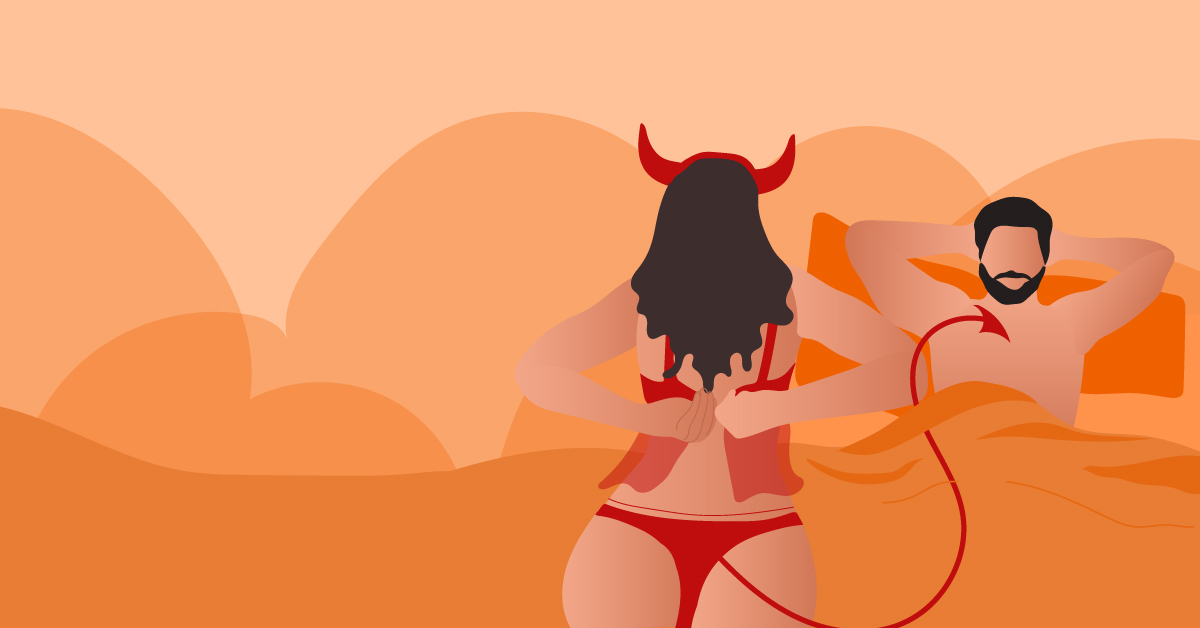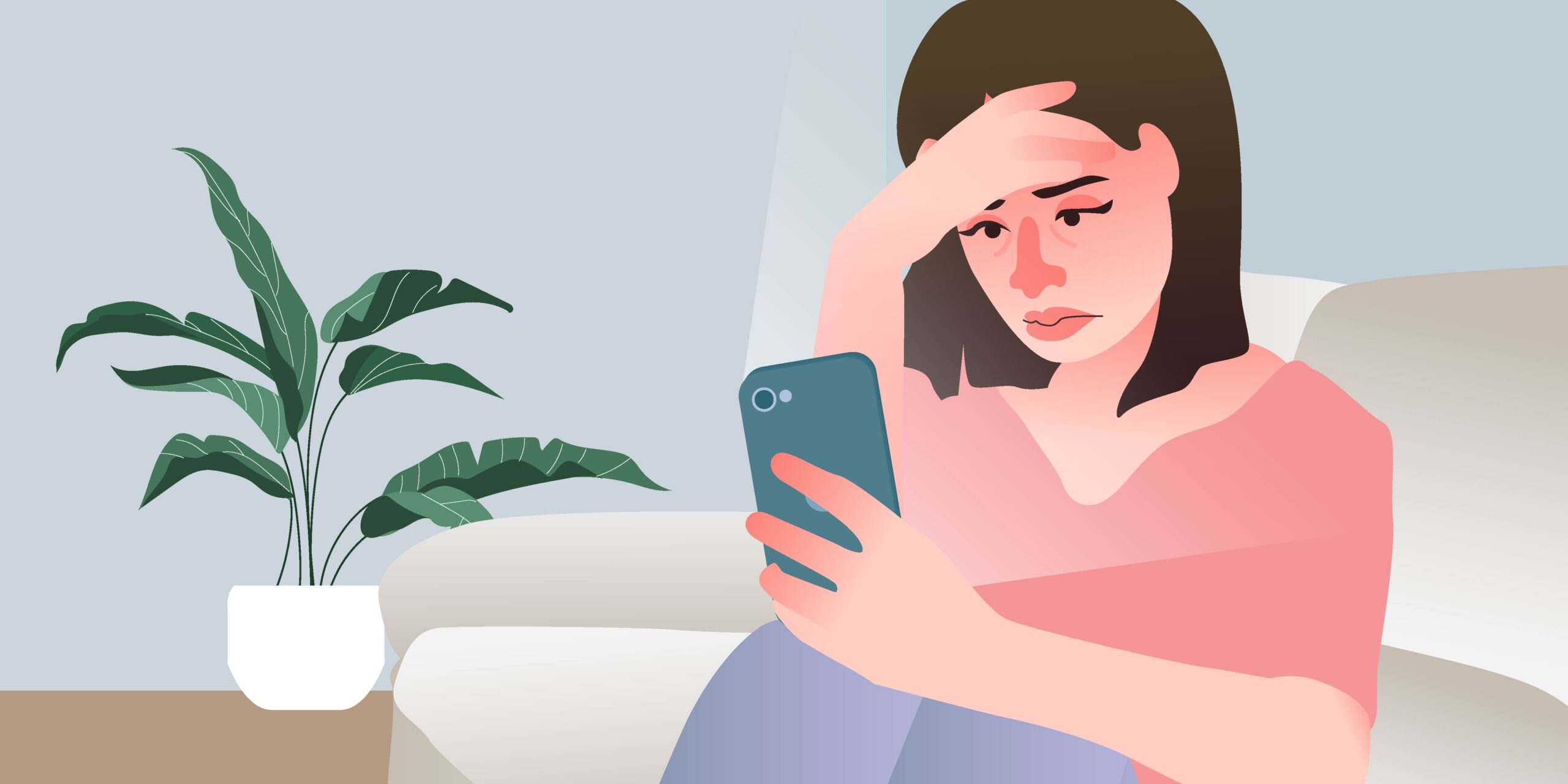
Disclaimer: This article on social media anxiety is meant to be a source of valuable information for the reader; however, it is not a substitute for direct expert assistance. Seek help from a mental health professional if you’re experiencing a severe case of this condition.
Social media has its perks and disadvantages. With the latter, too much online presence can lead to social media anxiety if it goes unmonitored. As numerous updates, notifications, trends, and news instantly pile up, it’s difficult to track each one and we also feel pressured to keep up with them. Otherwise, we feel left out and behind. Or worse, not good enough because we lack the means to try them out.
As a result, we start getting anxious and agitated. Specifically speaking, getting social media anxiety.
In this guide, we’ll talk more about this topic, the signs you’re experiencing it, its causes, and how to lessen it over time.
What is Social Media Anxiety?
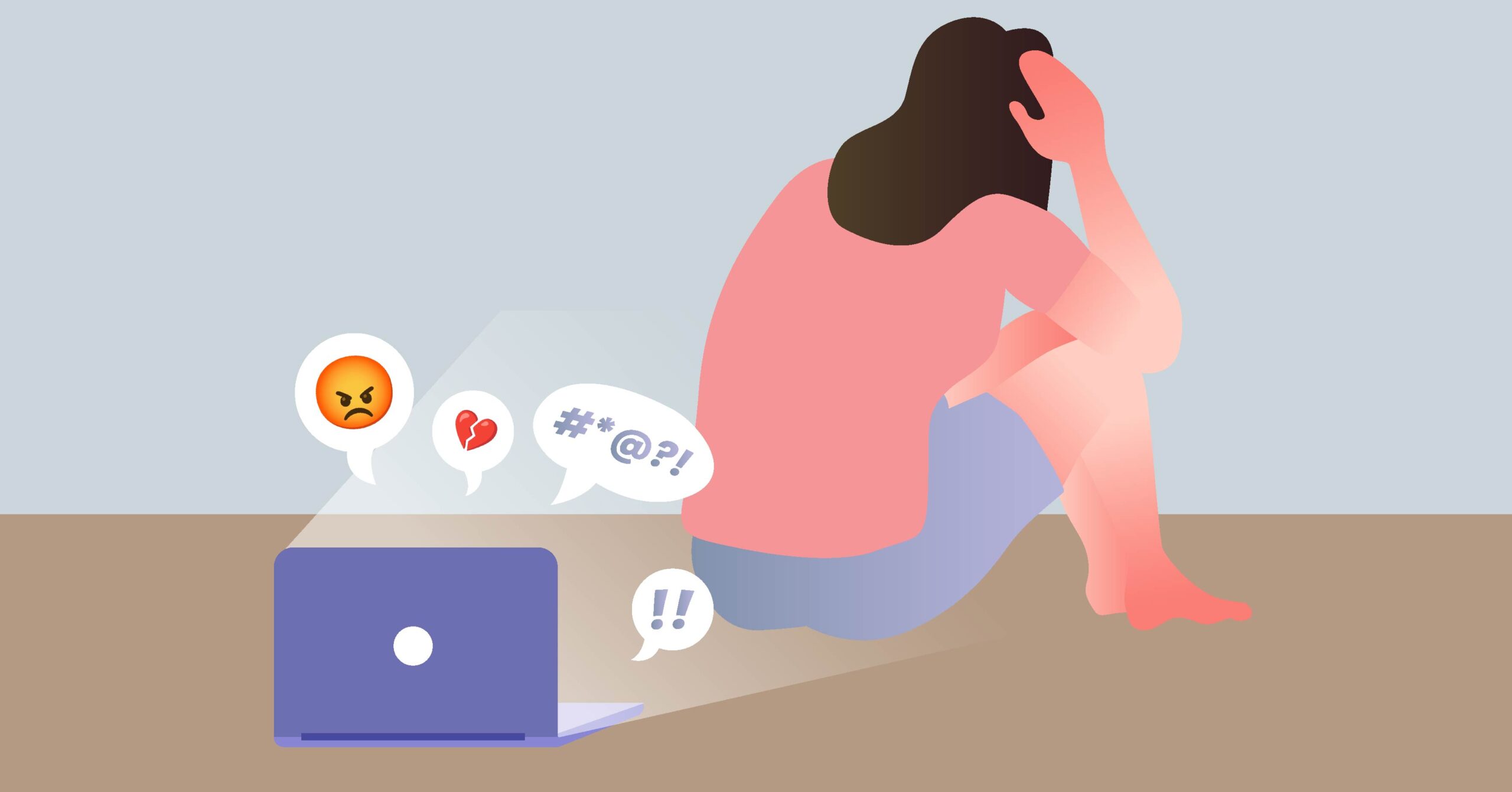
Calm refers to social media anxiety as “the feelings of worry, unease, or stress that can arise from using these platforms.”
While social media is a great place to connect, share your life, and entertain us, it can easily be poisonous to your mental and physical health if you’re unaware of your usage. The whole epidemic of being online, especially without boundaries, is stronger than ever, linked to terms like doom-scrolling and chronically online. The more we expose ourselves online without much thought, the more time and presence of mind we lose. We’d come to the point of choosing our phones over those around us.
And in the worst-case scenario, we’d get the brunt of negative emotions spiraling through us. Hence, anxiety comes in, bringing out the worst in us.
Signs of Social Media Anxiety
Look out for these dangerous signs that may link you to this kind of anxiety down below.
1 You have strong FOMO when you’re offline.
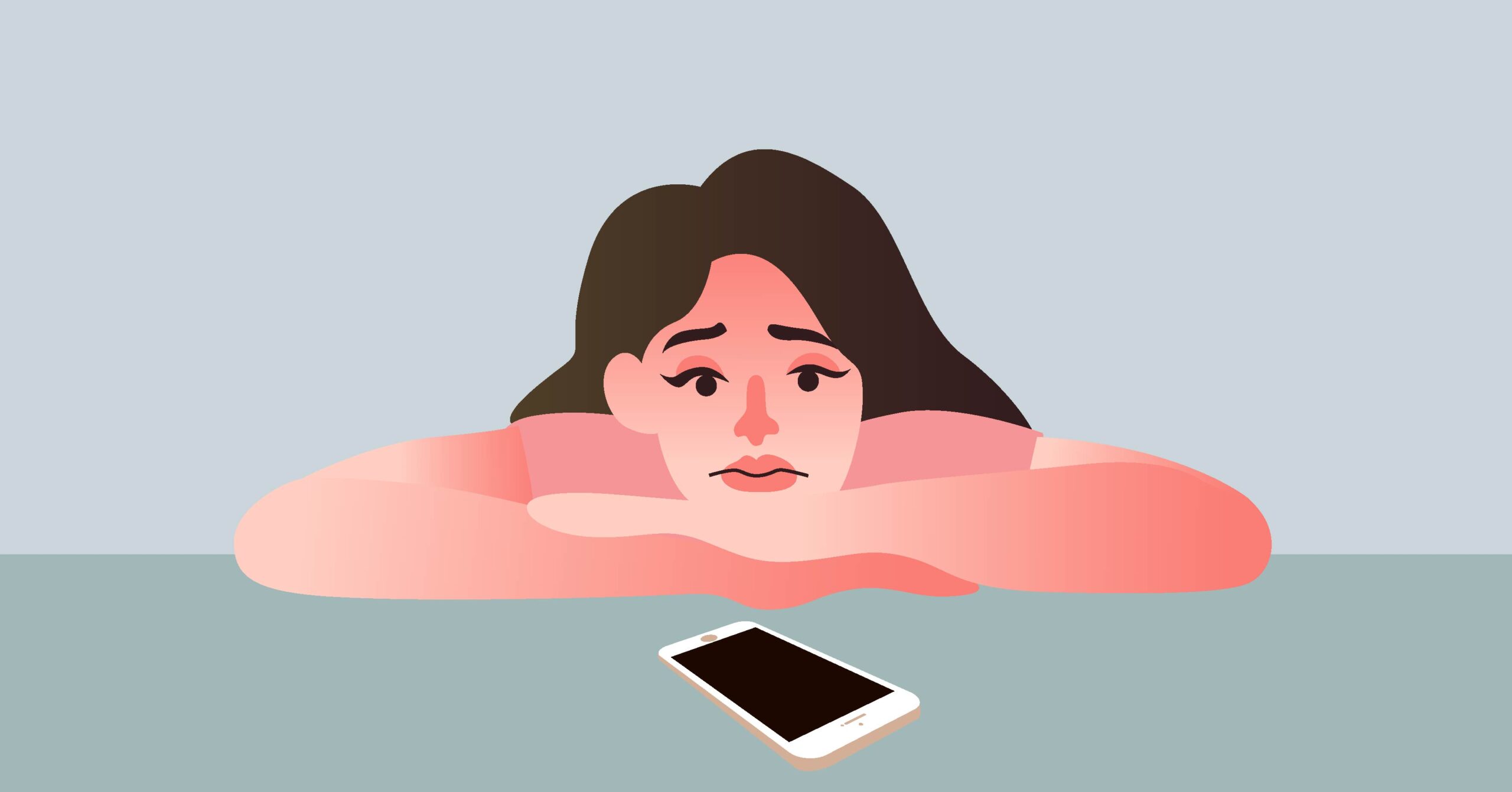
You’d rather be glued to your phone and stay connected to everything and anyone online rather than enjoy the world around you. Missing out even a second of online activity means being left behind on certain data you deem relevant. FOMO, or fear of missing out, from the online world brings your spirits down and makes you look at your own real life as a disappointment. Even more so after consuming so much content about people “living their best lives,” which makes you constantly compare yourself to them.
2 You feel restless and dependent.
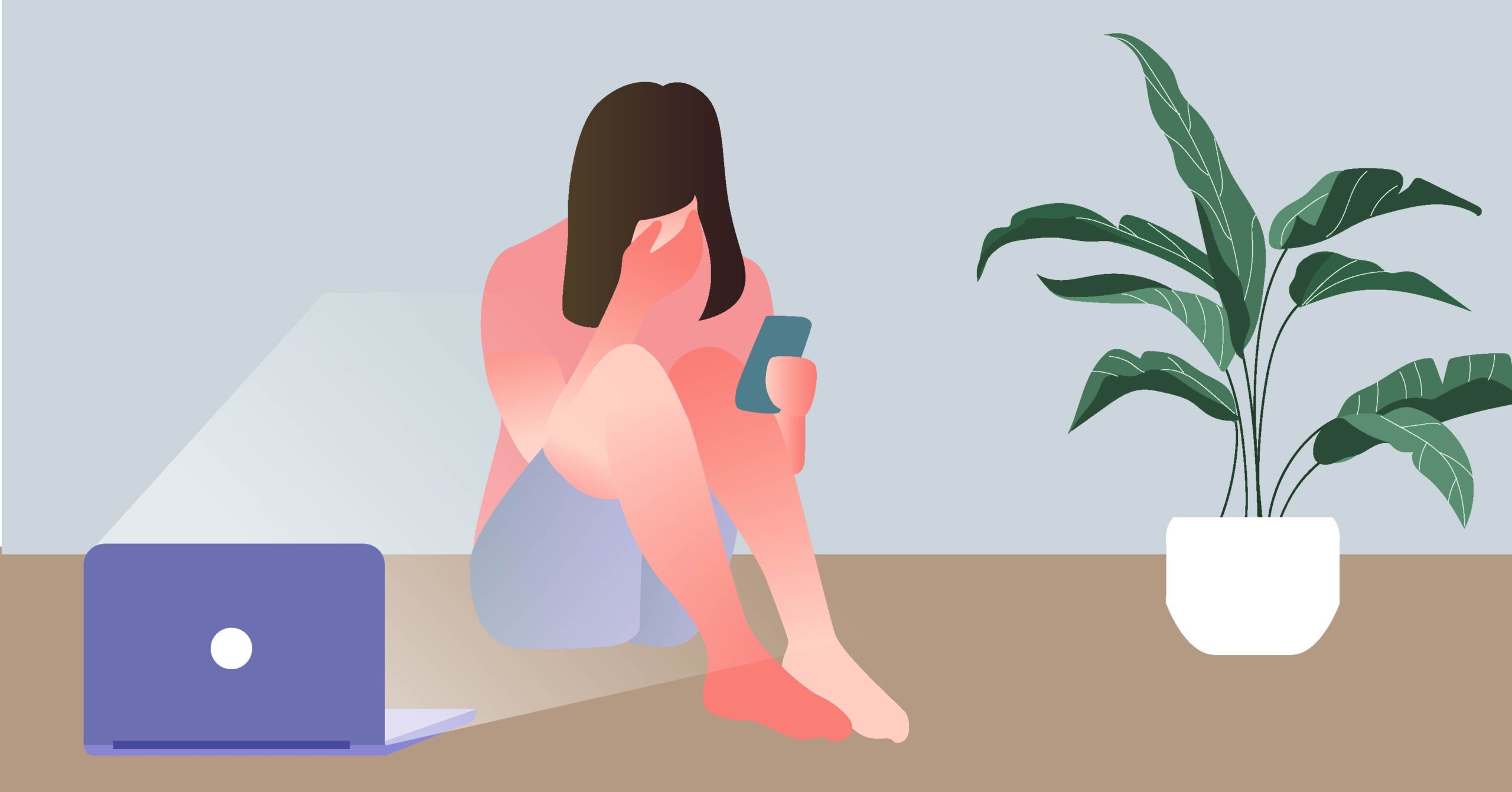
Every moment of each day, you make sure you’re logged in and scroll down to see what your friends are up to or what content creators post on their respective pages. If you’re not, you feel irritated and distracted by whatever or whoever is in front of you. That’s also because your happiness and entertainment are fully dependent on what the online world offers you instead of your external surroundings.
3 Your sleeping habits went south.
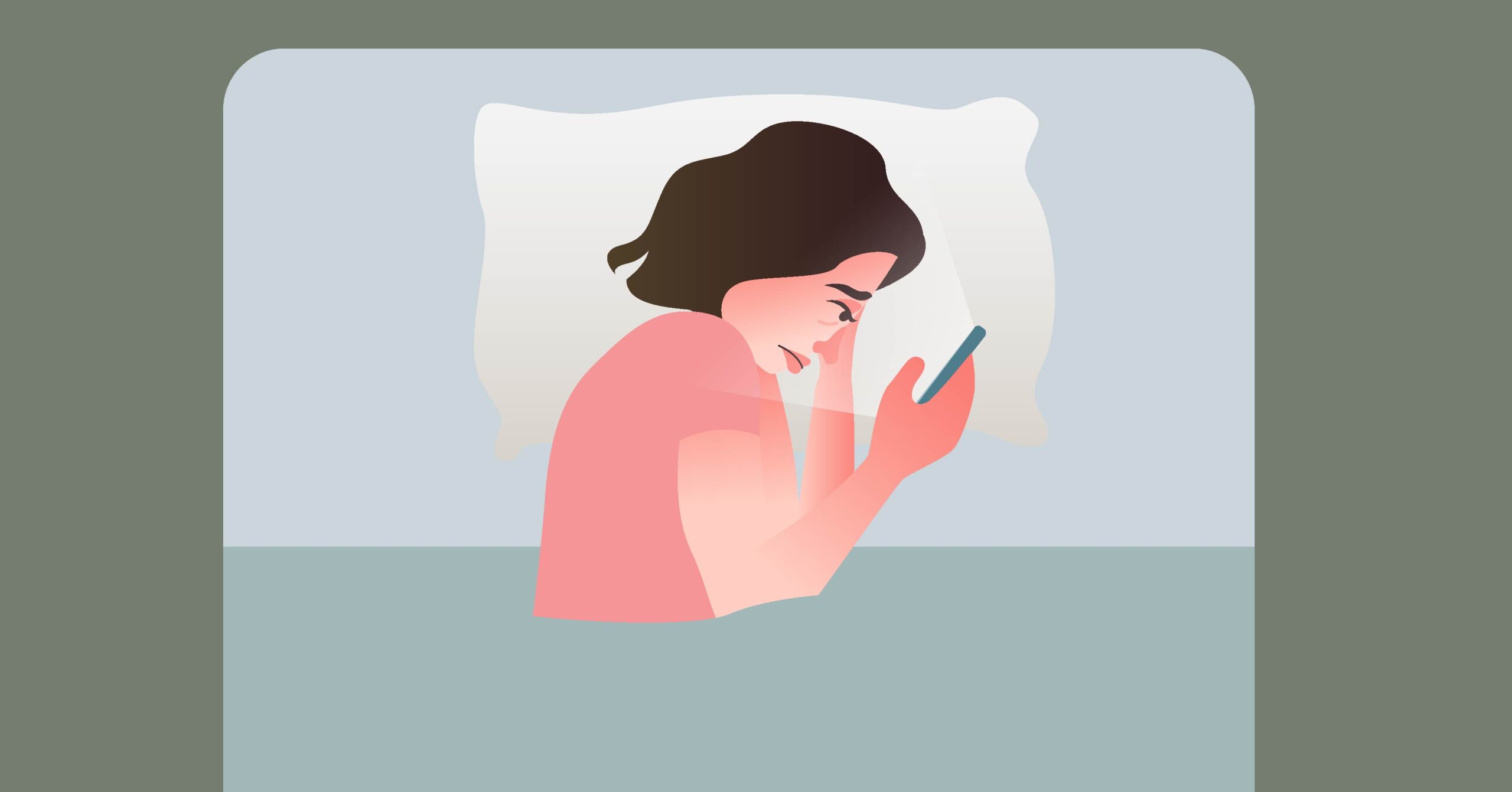
All that blue light from your phone or gadgets messes with your melatonin levels, which are responsible for sleep. In turn, you still believe that it’s still daytime, feeling even more stimulated and awake when you use your phone at night.
4 Your social skills aren’t as good.
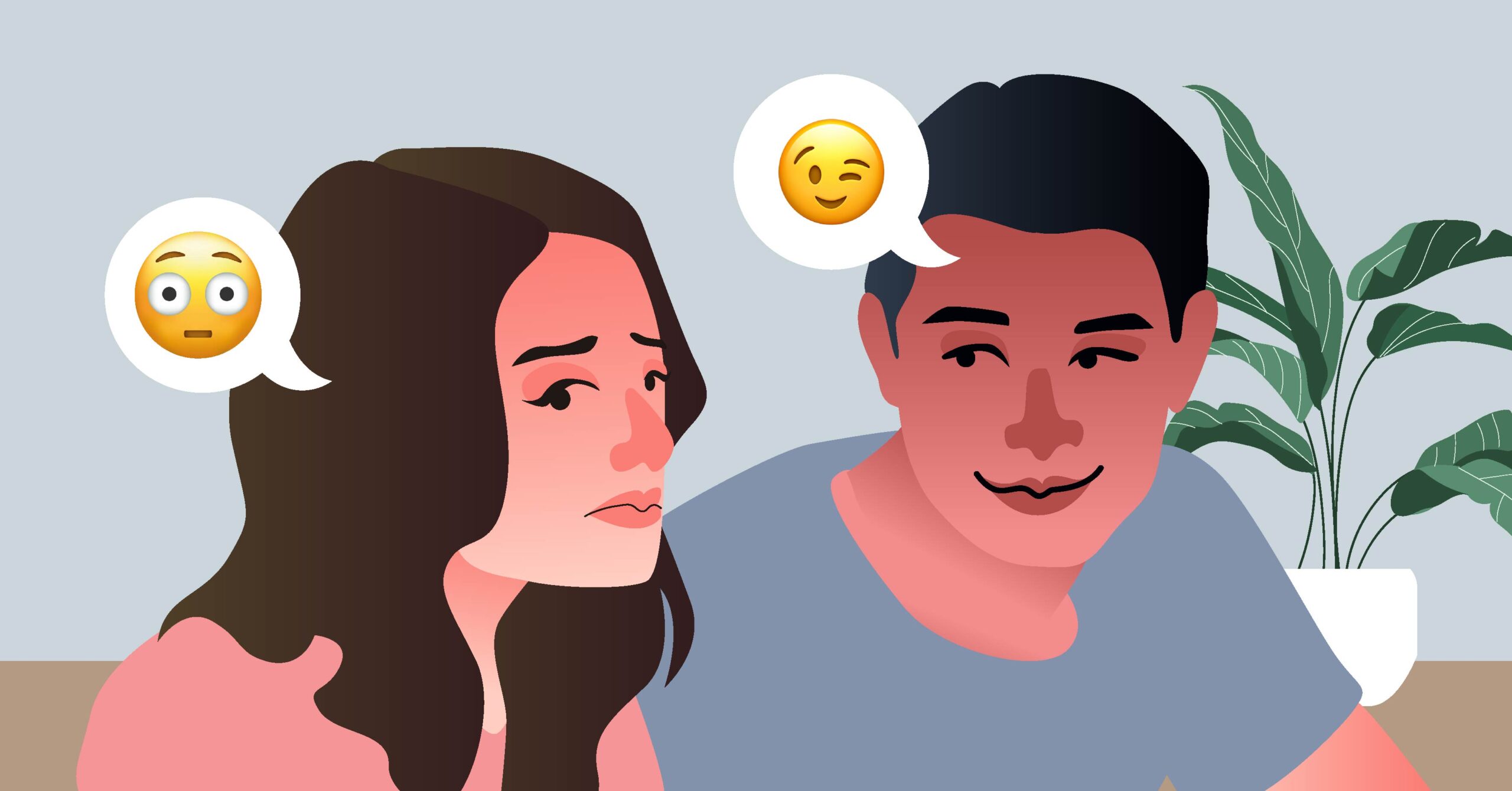
Because you’re always connected to your phone, interacting with actual people makes you nervous. Since there’s no buffer in between personal conversations, as phones take time to process and send, you find yourself feeling awkward and out of place.
5 You have a negative self-image.
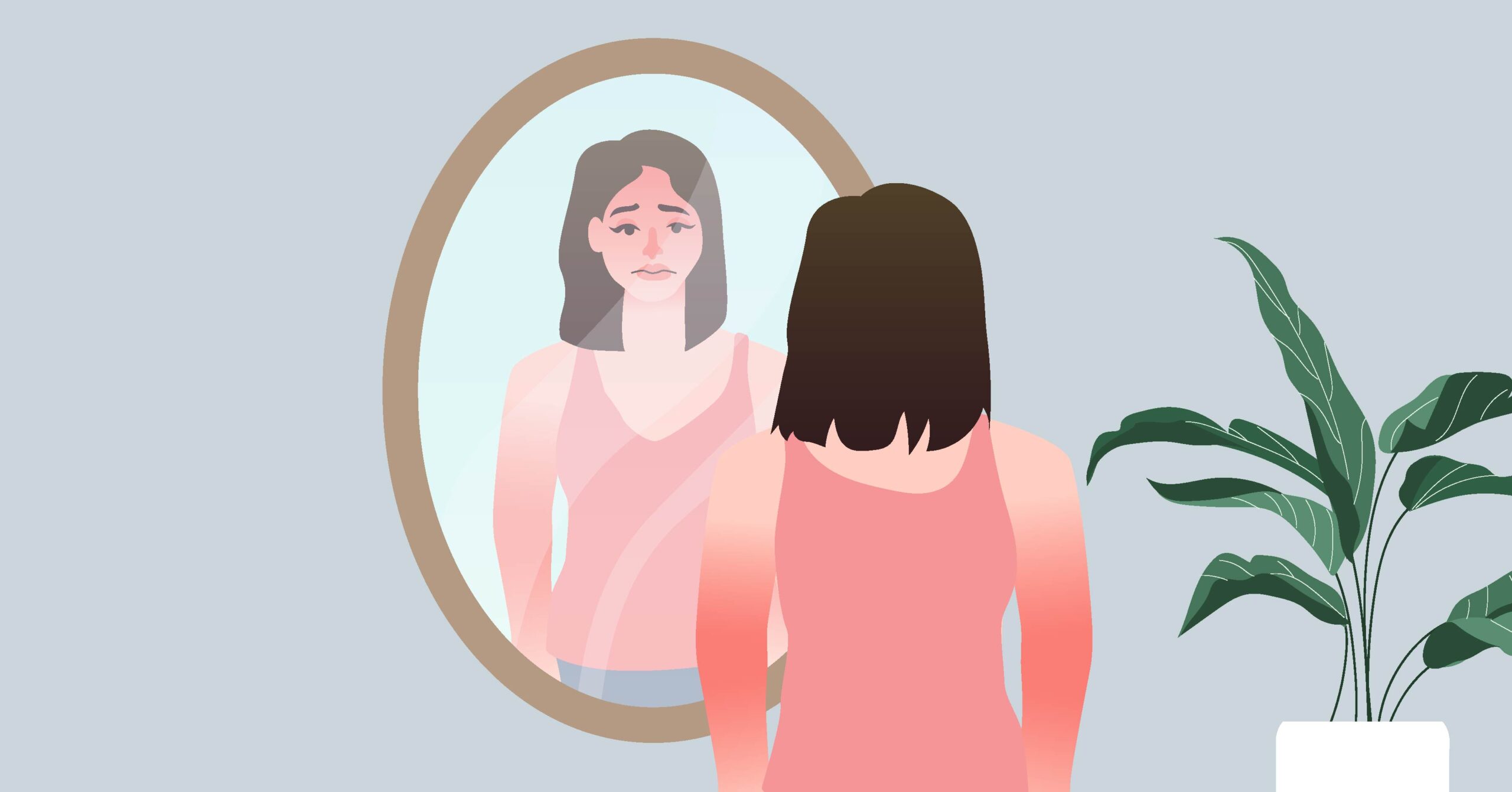
Being online for an unhealthy amount of time makes you compare yourself and your life to others who seem to have a good one based on their content. In turn, it heightens your insecurity and self-esteem because you don’t have what they have. But mind you, people only post what they want to show, which is merely a fraction of their real life.
However, you take in every good detail of their life as a loss, making you feel worse about yourself the more you scroll down.
6 You overuse and overconsume social media.
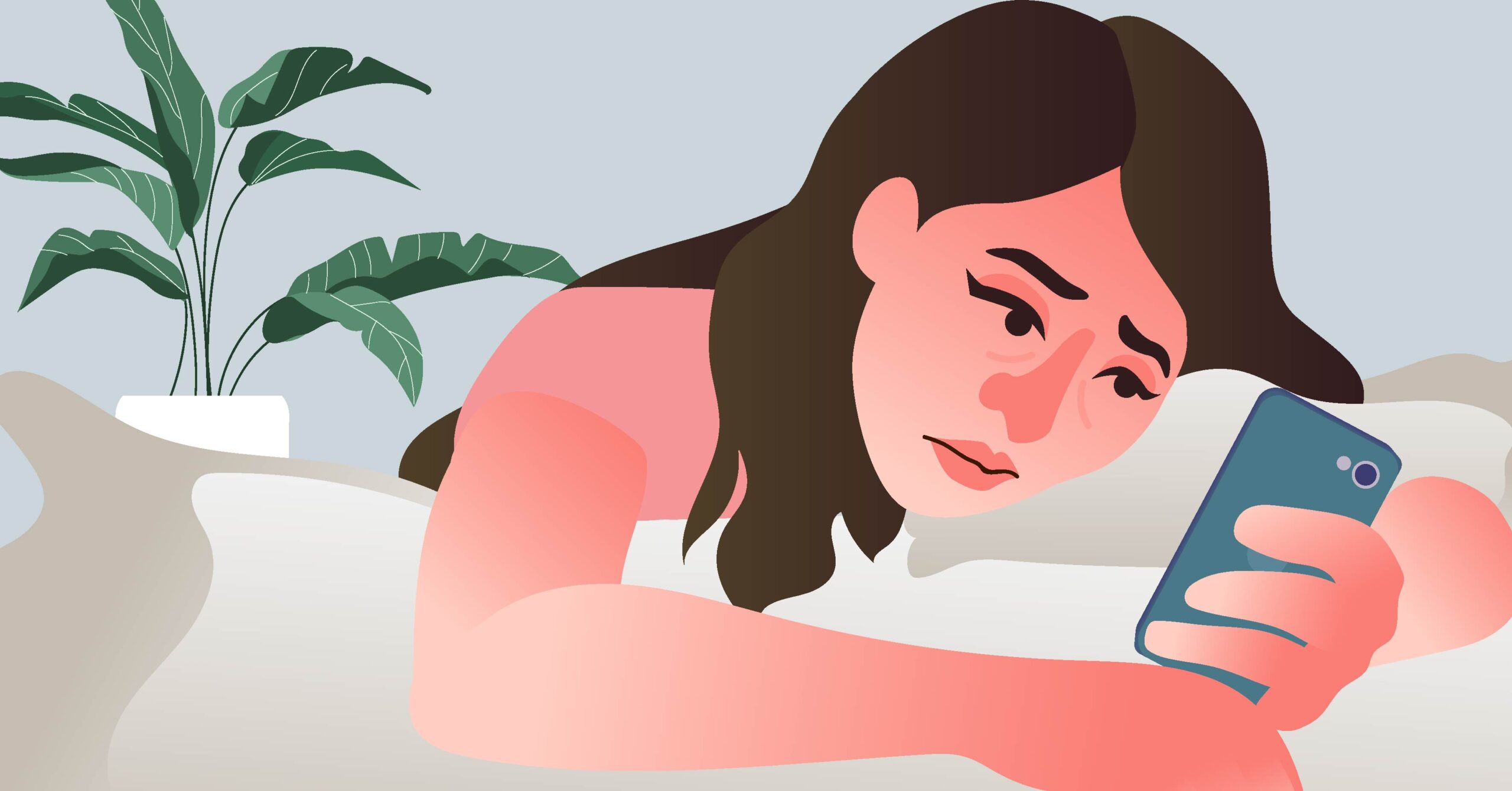
In other words, you’re chained to your phone. You’re always taking in whatever social media content is presented to you, and often without control. As a result, all this excessive use can get you anxious when it affects other aspects of your life and how you view your life. It’s as if it’s the most dominant part of your life when you allow it to be so.
Causes of Social Media Anxiety
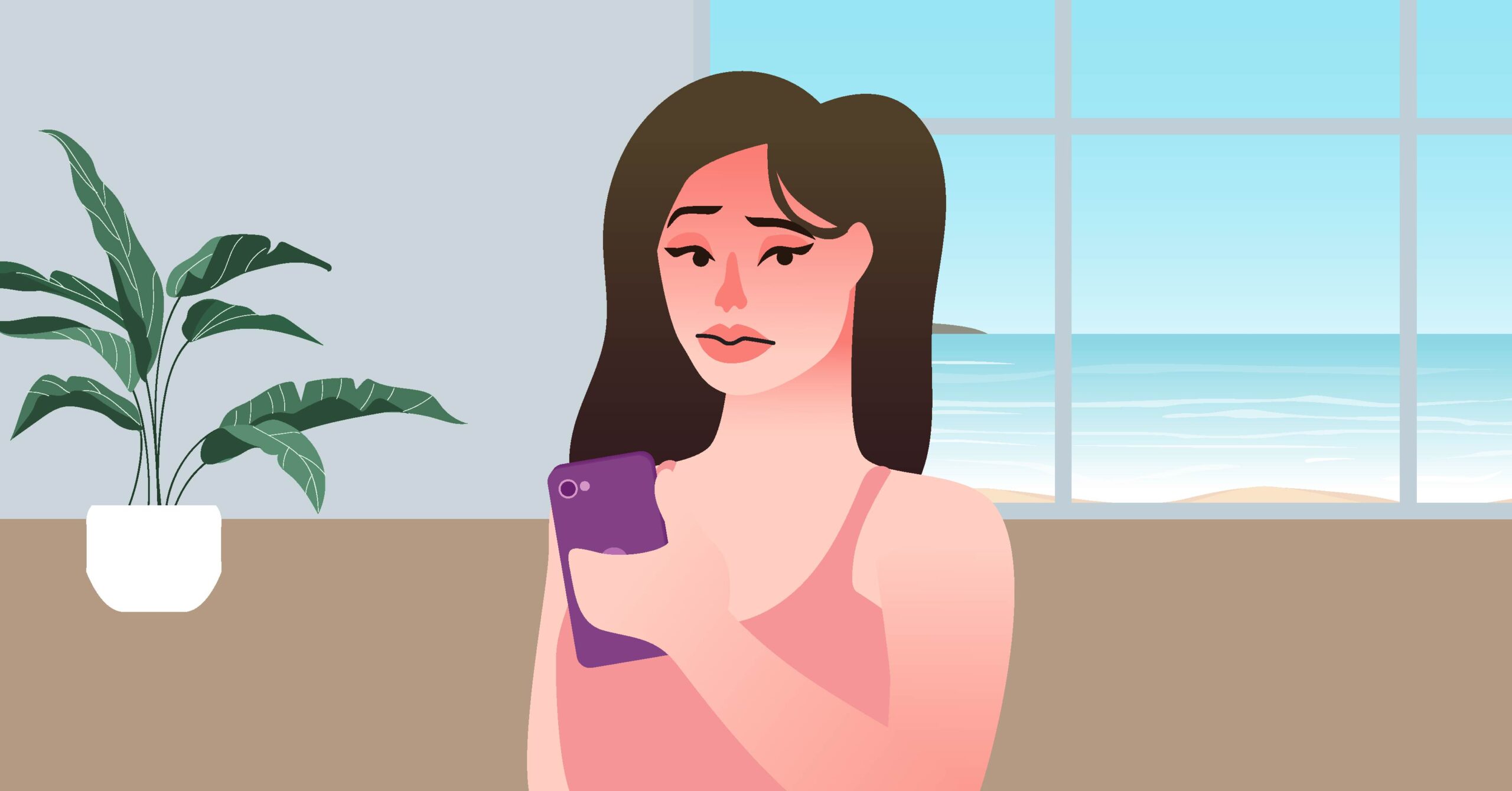
Some common causes behind such anxiety that you may want to observe include:
- Keeping up with your online persona
- Being chronically online
- Social comparison
How to Lessen Your Social Media Anxiety
Having social media anxiety can heavily impact your day-to-day life. So, it’s key to know and understand where it’s coming from so you can figure out how to alleviate it. And at the same time, be more conscious of your time online. Moreover, check this section for our handy recommendations.
1 Establish firm social media-related boundaries.
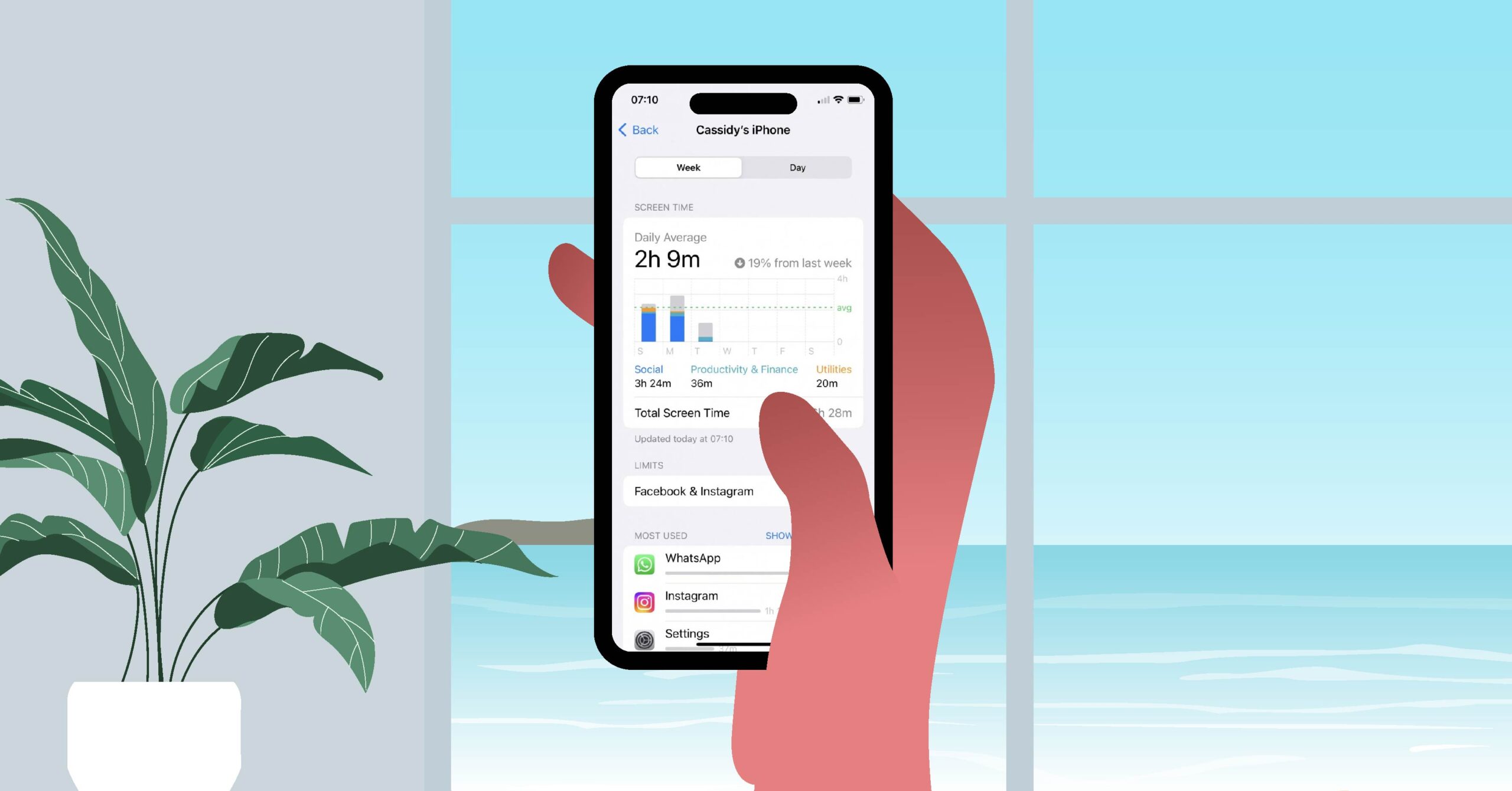
Plan out certain times of the day to use social media and time your usage. For example, one hour of social media a day. You divide it into 10-minute intervals throughout the day.
You can also set a 30-minute no social media usage rule upon waking up so you’re less prone to more grogginess and early stimulation. Then, setting a 1 hour no social media rule before bed at night can make your transition to sleep easier. But to add to that, aim to sleep before midnight to maximize your rest. Good sleep sets your tone for the following day.
Going on do not disturb mode and setting app limits (e.g., apps become “closed” after midnight on your phone) make great suggestions when setting boundaries. It all varies on how intense your social media anxiety has become, but we aim to ensure you don’t get to that extreme stage.
The key to making these boundaries work is by sticking to them without exceptions and with full honesty and accountability. Also, try your best and learn from your mistakes when they occur because if you’re a beginner, you best believe they’re inevitable.
2 Go on regular social media breaks.
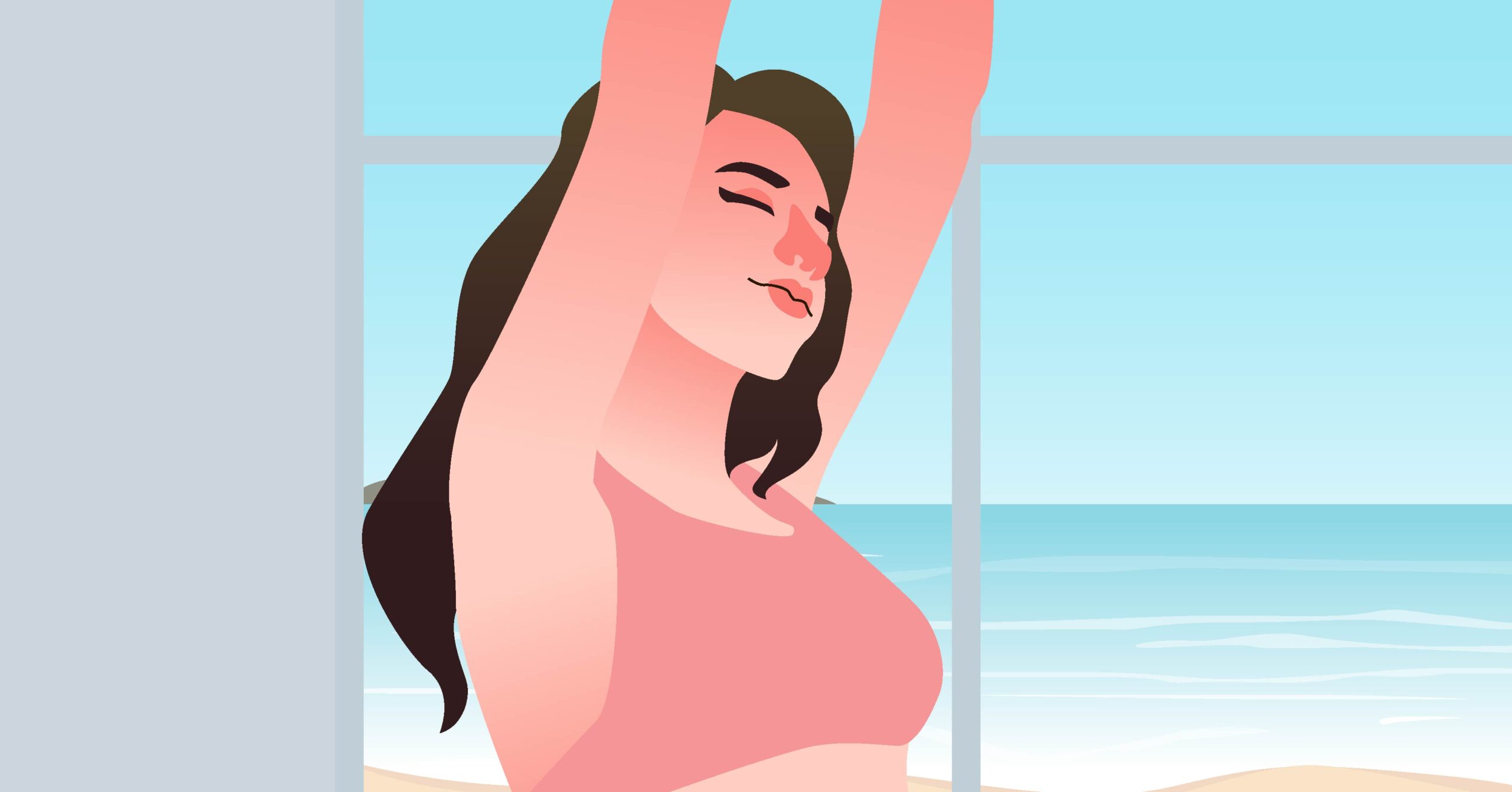
A social media break is another great boundary to set when you’ve had too much social media consumption. It’s even best to do it occasionally when you haven’t reached the point of social media anxiety to give your mind a break and explore other natural sources of dopamine.
If it’s your first time setting a proper social media break, you can plot it over one or both days of the weekend. It’s ideal since you’re free from work (if you work a 9-5) or school. It can look like staying off your phone or deleting the apps temporarily so you can focus on being present and doing offline activities alone or with loved ones.
3 Try meditation.
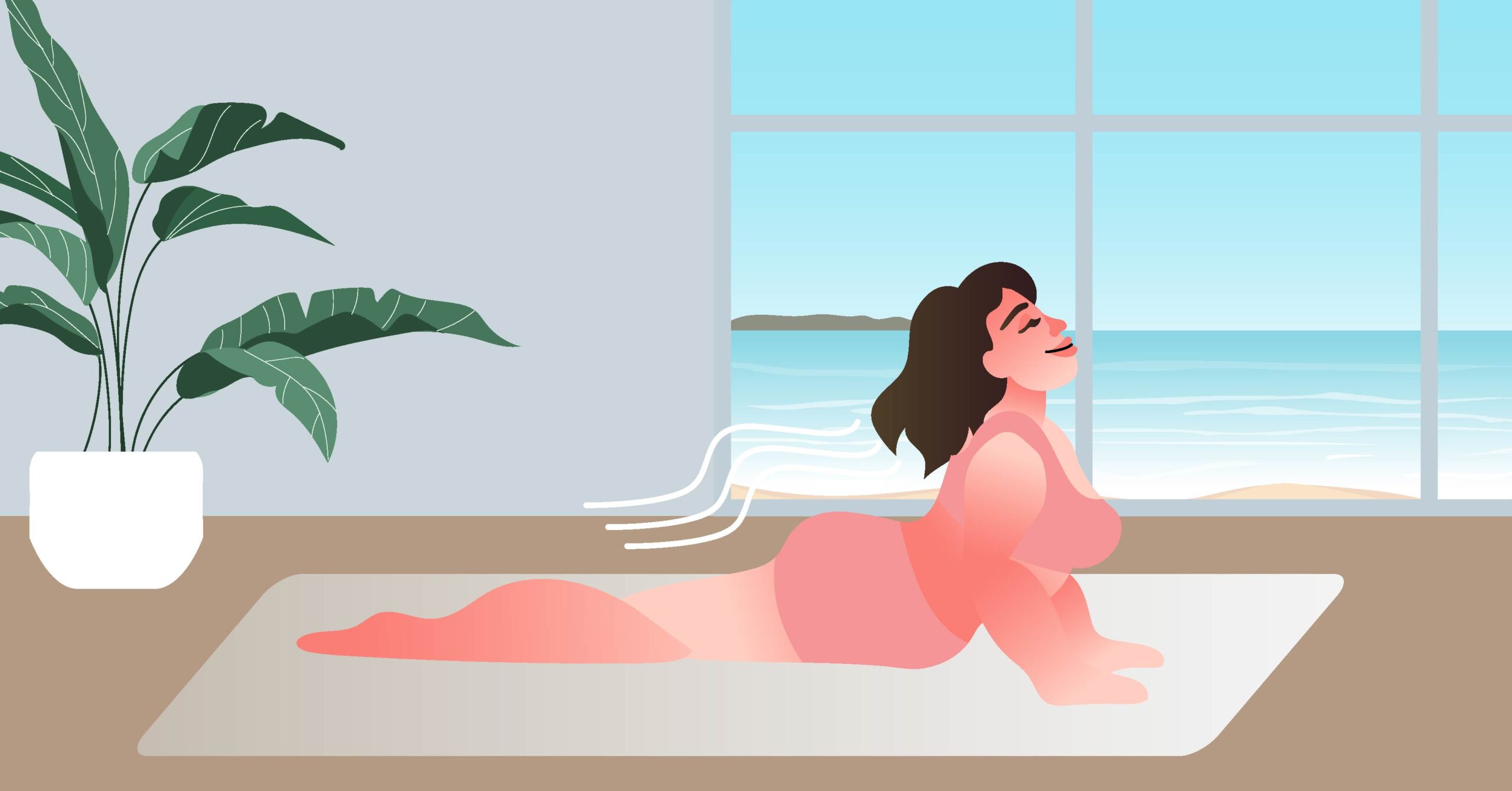
Especially right after waking up, don’t use your phone to log in to social media right away. Instead, play a guided meditation exercise to keep your emotions grounded and relaxed from the loud noise of social media. It’s also the best way to protect your peace and energy because, a lot of the time, you don’t want your algorithm to be like that. As a result, the first piece of content you consume dictates your mood for the whole day. Like no, that’s not a great way to start your day!
4 Invest in offline hobbies and activities.
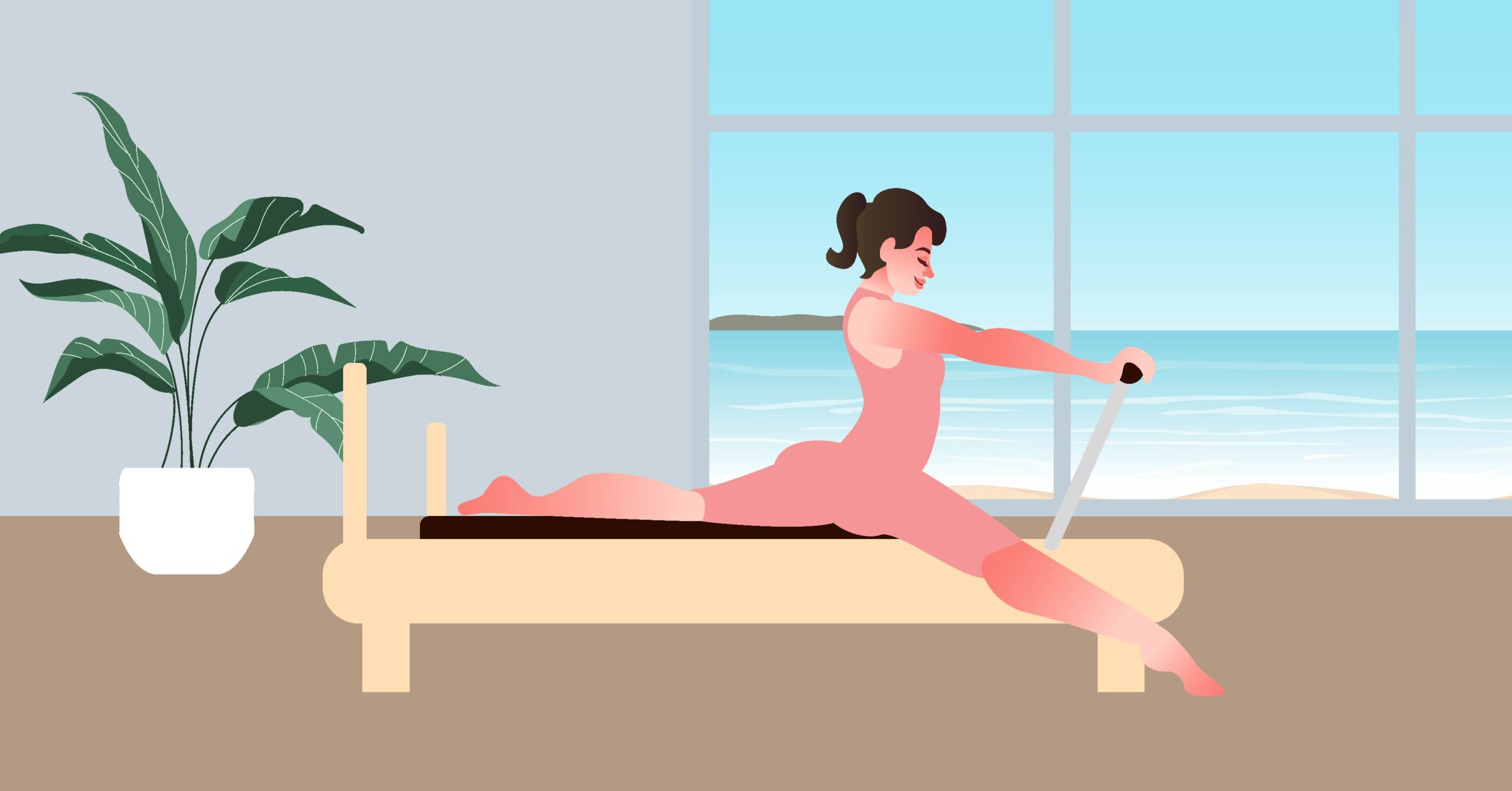
Girl, there’s more to life beyond your phone, and your mental health will thank you for giving it a break. So, put your phone down and check in with yourselves about what your personal interests are to link potential hobbies you can take up. For example, you’re interested in daily movement outside of social media. Some hobbies you can take up are going for a run, trying a fitness class, and doing a new home workout.
5 Spend time with loved ones.
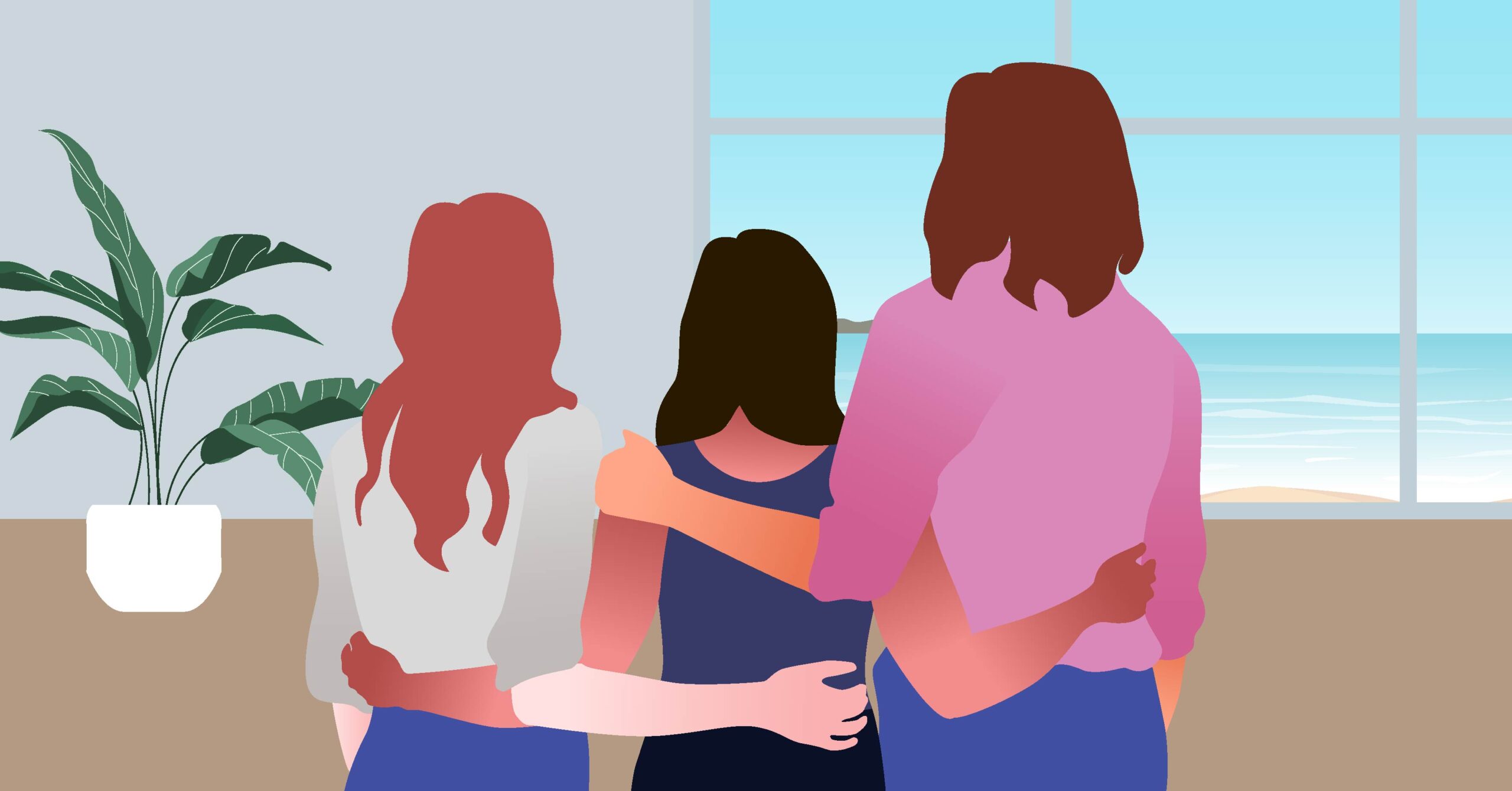
Sometimes, being surrounded by the people you love can get your mind off your phone and your anxiety around it. You can even seek advice from them to gain a new perspective on social media and the negative side of it. Plus, they can be the people who hold you accountable when you return to bad habits out of familiarity. But at the end of the day, it’s out of love and care for you.
Moreover, you can also get their support and encouragement when you open up to them and get honest and vulnerable. That’s one of the best ways to connect with someone you cherish. To act out on this, schedule a weekly hang-out with your best friend or anyone in your family to catch up and unwind freely without any judgment or second looks.
6 Seek professional health.
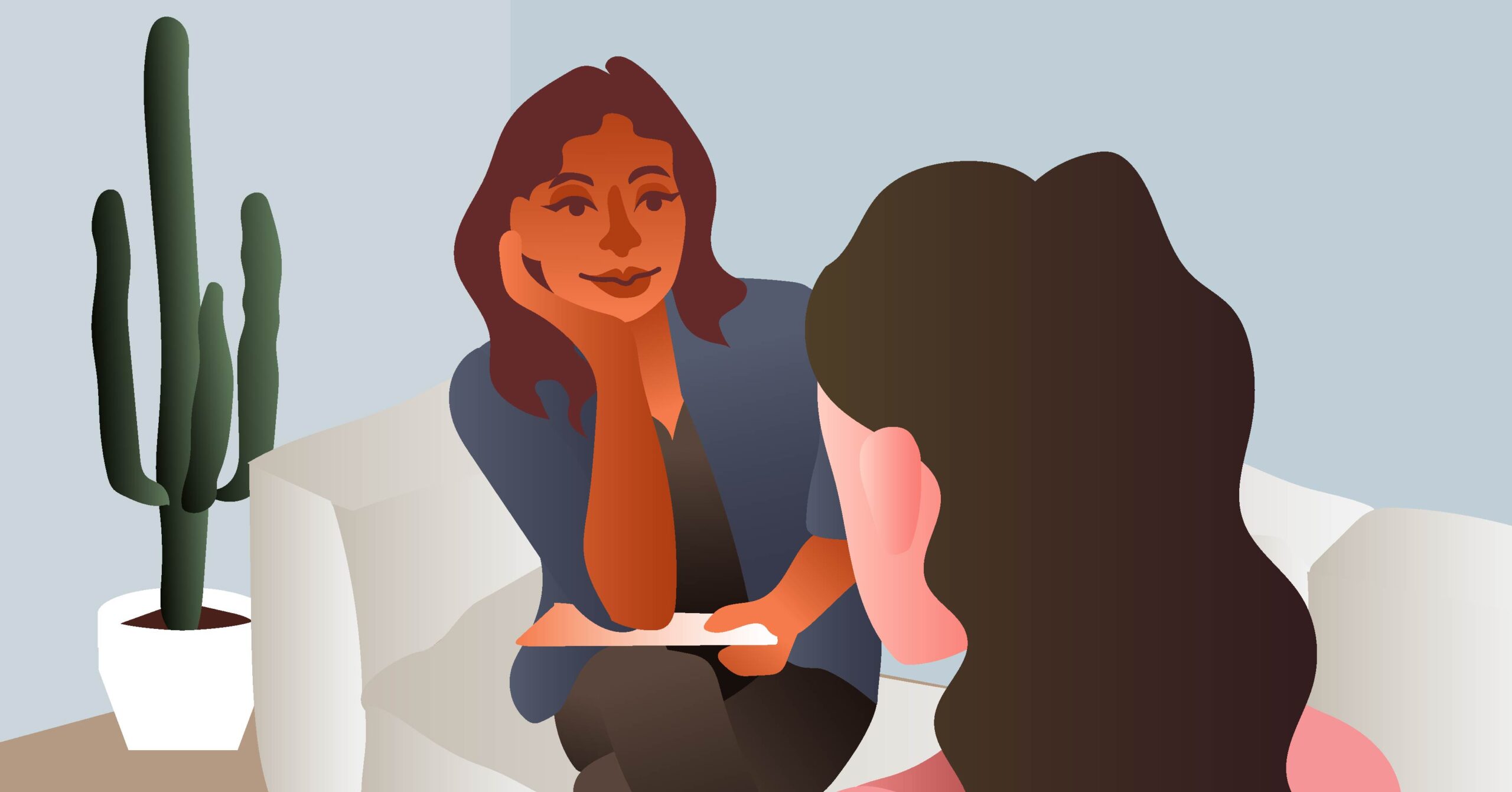
Anxiety is anxiety. If applying our lifestyle changes is still not enough to decrease your social media anxiety, seeing a professional can give us more personal and deeper guidance in knowing what’s going on mentally. They may provide certain activities and advice that’ll help reduce your need to use your phone and rewire your mindset about social media.
Takeaway
Social media anxiety can cripple you into a state of low self-esteem and confidence. Not only does it make you feel insecure and change how you view yourself, but it also affects your lifestyle. We’re talking about your sleeping habits and your social skills. Thus, setting important boundaries related to social media usage can prevent such anxiety from occurring and give you better control of your time.
For more culture-related guides such as this one, head on over to the Lauvblog here.
